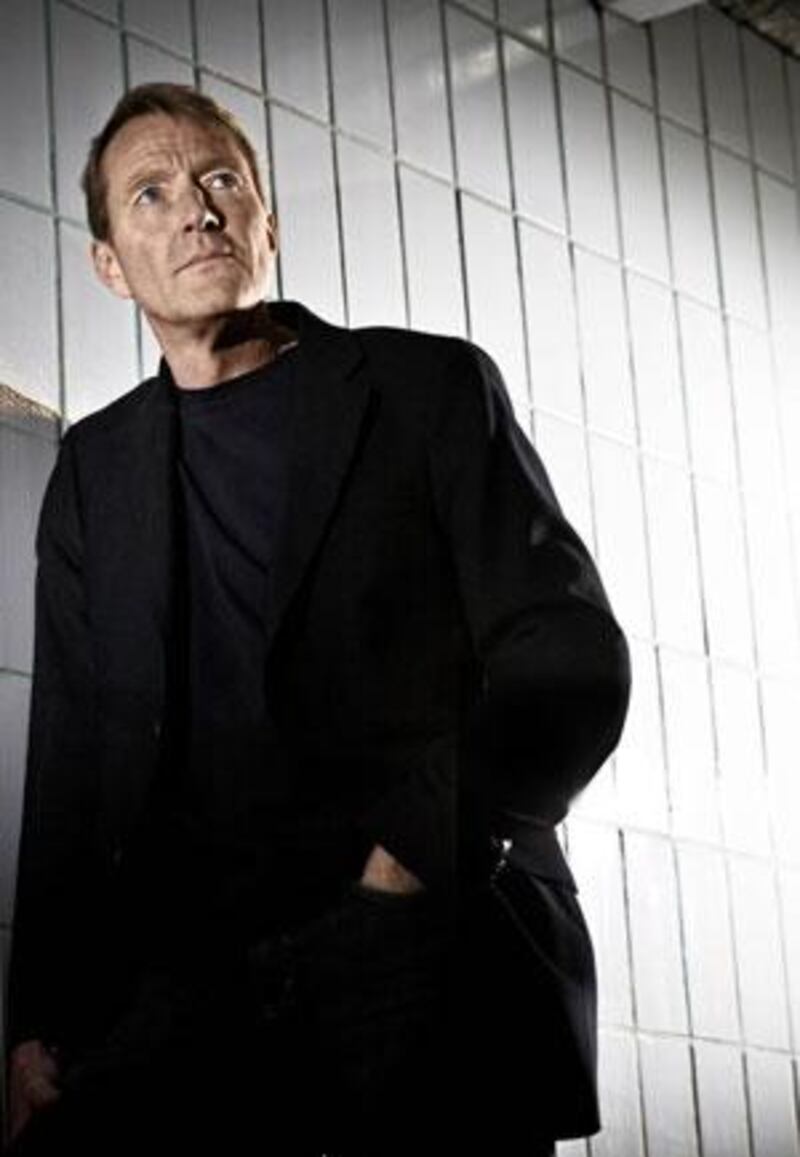When Lee Child was 40, he was made redundant from his job as the programme director at the British TV company Granada. Bruised but determined, he used his pay-off to buy the time to write a thriller - not to satisfy some long-held romantic ambition, but to make enough money to support his wife and young daughter. "It had to work," he says. "It had to succeed or I would have lost my house. The fact that it wasn't a hobby made me more realistic. I had no cherished preconceptions. The project was to write a book and make it sell. People sniff about that a bit, as if it's overtly commercial. They think art should be art and that to approach it thinking it should sell is undignified. I feel the opposite. All art is a transaction between its creator and the public. It's like a philosophical proposition: if you put on a show and nobody comes, have you put on a show?"
Child's first novel, Killing Floor, was published in 1997 and sold respectably. His readership has grown exponentially with each annual book. His 14th, 61 Hours, is just out and seems set to repeat - perhaps even exceed - the achievement of last year's Nothing to Lose, which entered the UK hardback best-seller chart at No 1 in the same week that its predecessor, Bad Luck and Trouble, was at the top of the paperback chart.
Child's success is not limited to Britain. The books are best-sellers across the world: Child estimates that one is sold somewhere every second. One Shot was bought by Tom Cruise's production company in a deal said to be worth more than £20 million (Dh112m). Now, at 55, Child is a multimillionaire with two apartments in New York and two in St Tropez - one each to live and write in. Some thriller writers cite a propulsive, twisty plot as the most important element. For Child, plot is crucial, but at the same time incidental, "like a rental car for getting you from A to B". Character matters more to him, and his novels star one of the most memorable in modern fiction: Jack Reacher.
Reacher is an elite military policeman-turned-drifter; a renegade with a rigid but fascinatingly liberal sense of justice. In Child's stories, Reacher typically shows up in a small community, sorts out whichever bad guys are plaguing it, then moves off, leaving no trace. He's a strapping fellow - 6 feet, 5 inches tall, with a 50-inch chest. He has no possessions apart from the clothes on his back, and when those need washing he throws them away and buys new ones. (He's sorely taxed on the clothes-buying front in 61 Hours; its freezing South Dakota setting necessitates a whole winter wardrobe.)
It's easy to see why men love Reacher: they want to be him. What's surprised Child is the blue-eyed loner's popularity with women. "I didn't see that coming," he admits. "I hoped women would like him well enough, but they've turned out to be the majority of his fans. I think one reason for it is that women get very upset by injustice and hate things that aren't fair. And Reacher puts things right. There's a slight fancying thing, too. Some of the older readers want to mother him."






